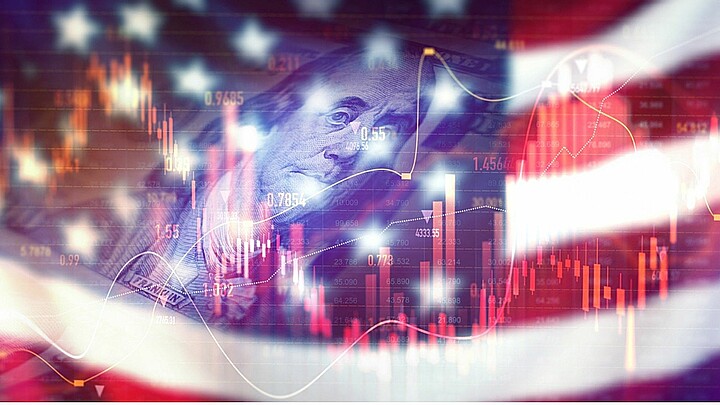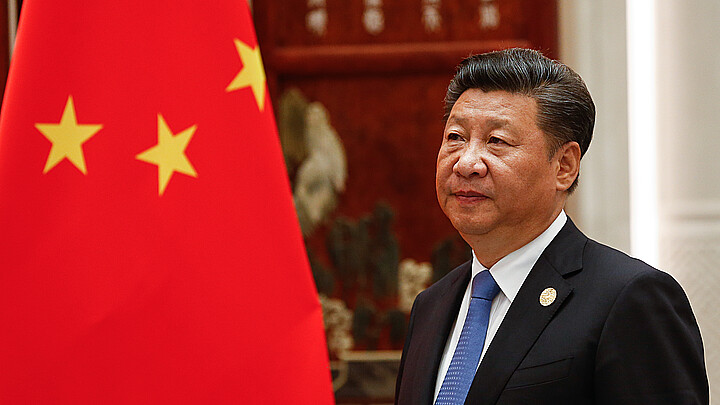Business
Larry Summers blasts the Biden administration for 'science denial' when it comes to tackling inflation
“Hipster Brandeisian antitrust, with which the Admin and its appointees flirt, is more likely to raise than lower prices,” Summers Tweeted on Sunday
December 28, 2021 2:44pm
Updated: December 28, 2021 8:54pm
Acclaimed Harvard economist and former Clinton-era Treasury Sec. Larry Summers took to Twitter to blast the Biden administration's antitrust crusade, warning that it is adding to the nation’s inflation crisis – not alleviating it.
“Hipster Brandeisian antitrust, with which the Admin and its appointees flirt, is more likely to raise than lower prices,” Summers Tweeted on Sunday, after accusing President Biden of “science denial” when it comes to his approach to tackling inflation.
However, as described, hipster Brandeisian antitrust, with which the Admin and its appointees flirt, is more likely to raise than lower prices.
— Lawrence H. Summers (@LHSummers) December 26, 2021
“The emerging claim that antitrust can combat inflation reflects ‘science denial,’” said Summers. “There are many areas like transitory inflation where serious economists differ. Antitrust as an anti-inflation strategy is not one of them.”
But Biden and his economic team have continued to argue that a lack of competition in certain sectors has artificially raised prices, and the administration is currently investigating the meat, oil and retail industries for potential anti-competitive practices, The Washington Times reported.
Summers, on the other hand, has insisted that instead of cracking down on consumer industries, the administration should reduce its emphasis on buying American-made products. Ultimately, he believes that procuring cheaper, foreign-made goods, lowering tariffs and reducing red tape on business would lower prices.
Targeting industries, however, would lead to reduced supply in the short-run and ultimately increase prices.
“In general, when government goes to war with industries, it discourages investment and subsequent activity,” Summers wrote, adding, “If, for example, Walmart had been stopped from expanding, or Amazon had been kept from entering new markets, prices would be higher, not lower today.”
Summers also added a historical perspective by noting that there has been little change in corporate consolidation as inflation soared to its highest level in 40 years.
Although inflation measured by the consumer price index rose to 6.8 percent from the previous year, prices rose an average of less than two percent between 2010 and 2019.










